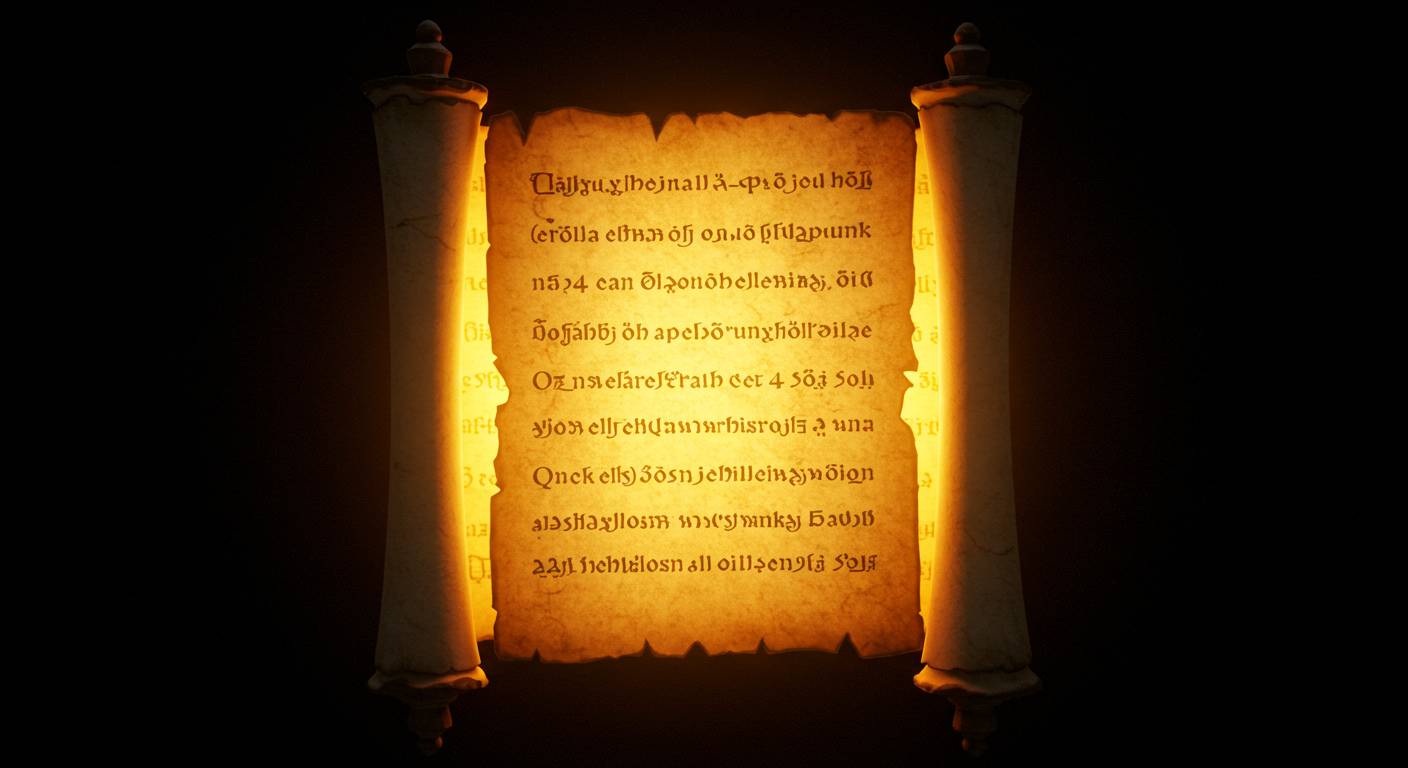Explore the profound imagery of Revelation 20:13, confronting divine justice and eternal accountability, in a reflective journey on spirituality and faith.
The Judgment Seat: Confronting Eternity’s Final Reckoning — Revelation 20:13
Introduction: Setting the Scene
In the vast tapestry of Revelation, one of the most powerful visions is found in Revelation 20:13, which speaks of the sea giving up its dead, and every soul standing before the judgment seat. This imagery evokes a profound sense of finality and reflection, as humanity faces the solemn reckoning of eternity carved in Scripture. It’s a scene that conjures both awe and contemplation, as we wonder what this final judgment entails for each soul that has walked the earth. This moment in Revelation is not just a fantastical account of some distant future; it is a reminder of the spiritual realities that underpin human existence.
Why it Matters
The vision of the judgment seat is significant because it represents the culmination of God’s justice and mercy. For believers, it is a call to live with intention and purpose, aware that earthly deeds resonate in the spiritual realm. It matters not only because it marks a clear end in the biblical narrative but also because it reinforces the notion of accountability before God. This vision is not merely a theological concept tucked away for scholars, it is a living testament that informs the moral compass of faith, encouraging a life aligned with divine principles.

Exploring the Vision in Depth
Summary of Key Symbols
In Revelation 20:13, we’re presented with the sea, the dead, and the judgment seat. The sea, a recurrent symbol within scripture, often represents chaos or the unknown. Here, it symbolizes the seemingly endless realm of humanity and life. The dead—both great and small—symbolize the universality of this judgment, impacting every soul irrespective of earthly status. The judgment seat itself stands as a symbol of divine authority, representing ultimate justice and finality, embodying God’s sovereign power over eternity.
Contextual Background
Revelation, written by John on the island of Patmos, is a book rich with symbolism and prophetic visions. At the heart of its apocalyptic literature is the anticipation of the ultimate triumph of good over evil. Specifically, Revelation 20:13 connects to the wider narrative of judgment found throughout the book. Historically, the theme of divine judgment can be traced through both the Old and New Testaments, resonating with passages like that in Daniel 7:10, which illustrates a similar scene of judgment with books opened and multitudes standing before God. This adds a layer of continuity in the Bible’s depiction of God as the ultimate judge.
Interpretation
The vision of Revelation 20:13 can be interpreted as an allegorical representation of God’s justice, emphasizing that all will be made right in due time. The dead, summoned from land and sea, suggest that no aspect of creation is outside God’s reach. Each person facing judgment underscores individual responsibility and the inevitability of facing the consequences of one’s actions. Consequently, this reinforces the overarching message of Revelation: God’s ultimate triumph and the rectification of all wrongs. Here, the notion of eternal justice serves as both a warning and a promise—one of accountability but also immense grace.
Relevance for Today’s Readers
Spiritual Insight
The vision of the judgment seat offers profound spiritual insights for today’s readers. It reminds us of the transient nature of life and the enduring significance of our spiritual journey. In a world that often prioritizes the material over the spiritual, this vision calls us to refocus on what truly matters—living righteously and seeking God’s truth in all things. It speaks to the heart of faith, urging believers to cultivate a life that reflects God’s values of justice, love, and mercy, knowing that these virtues hold eternal weight.
Application in Daily Life
Practically, this vision urges us to live each day with purpose and ethical integrity. It invites reflection on one’s actions, encouraging individuals to assess whether they contribute positively to the world. This can manifest in acts of kindness, pursuing justice, and living authentically in alignment with one’s faith. It inspires a commitment to personal growth and a community-oriented mindset, fostering an environment where love and grace are prioritized. Remember, the way we live today impacts not only ourselves but sets the tone for generations to come.
Supporting Verses and Cross-References
In deepening your understanding of the themes within Revelation 20:13, consider exploring additional related Bible passages. Ephesians 6:12, for example, discusses the nature of spiritual conflict, outlining that our struggles are not against flesh and blood, but against spiritual forces. Likewise, Romans 14:10 reminds believers that we will all stand before God’s judgment seat, reinforcing the universality and unavoidable nature of this divine encounter. These verses offer a broader biblical context and help illuminate the themes of accountability and divine judgment presented in Revelation.
Conclusion: Reflection on the Vision’s Message
The vision of the judgment seat in Revelation 20:13 is a powerful reminder of God’s ultimate authority, and it serves as an invitation to live a life grounded in faith and justice. It’s a call to each of us, prompting reflection on how our actions today reverberate in the divine narrative of creation. This vision not only assures us of God’s righteous judgment but also promises hope for those who seek His truth and walk in His ways. As you contemplate this vision, consider how it can inspire a deeper commitment to your spiritual journey, and take solace in the assurance of God’s ultimate victory.
Encourage Further Reflection and Call to Faith
May this exploration of Revelation 20:13 encourage you to meditate on the significant role of divine justice within your life. As you continue on your spiritual journey, let the promise of divine accountability guide your actions and decisions. Seek wisdom from other parts of Scripture and let the teachings within deepen your faith, offering counsel and encouragement along the way. In moments of uncertainty and trial, may you find steadfast hope in the promise of God’s truth, and remain assured of His enduring love and ultimate victory over all things.







